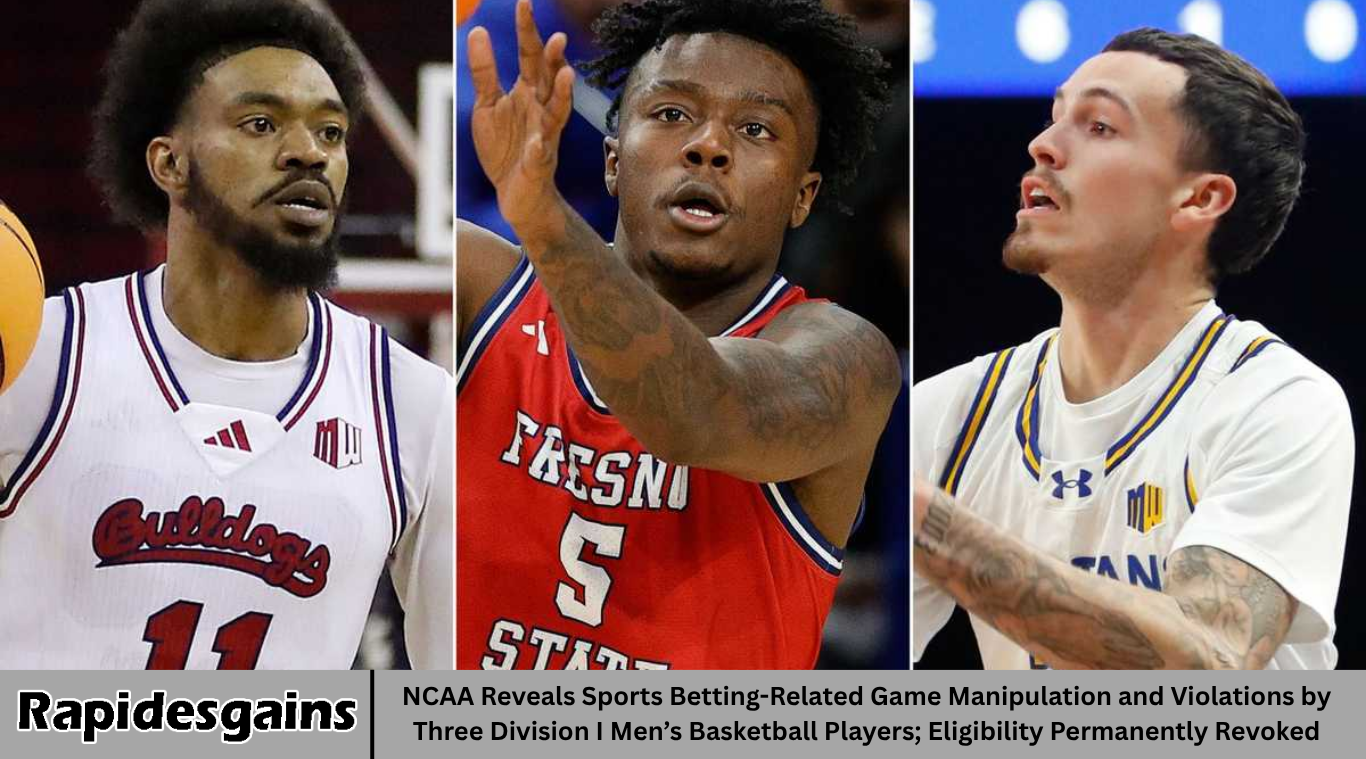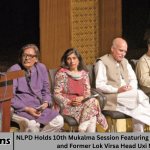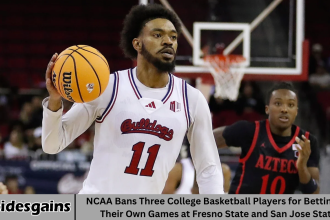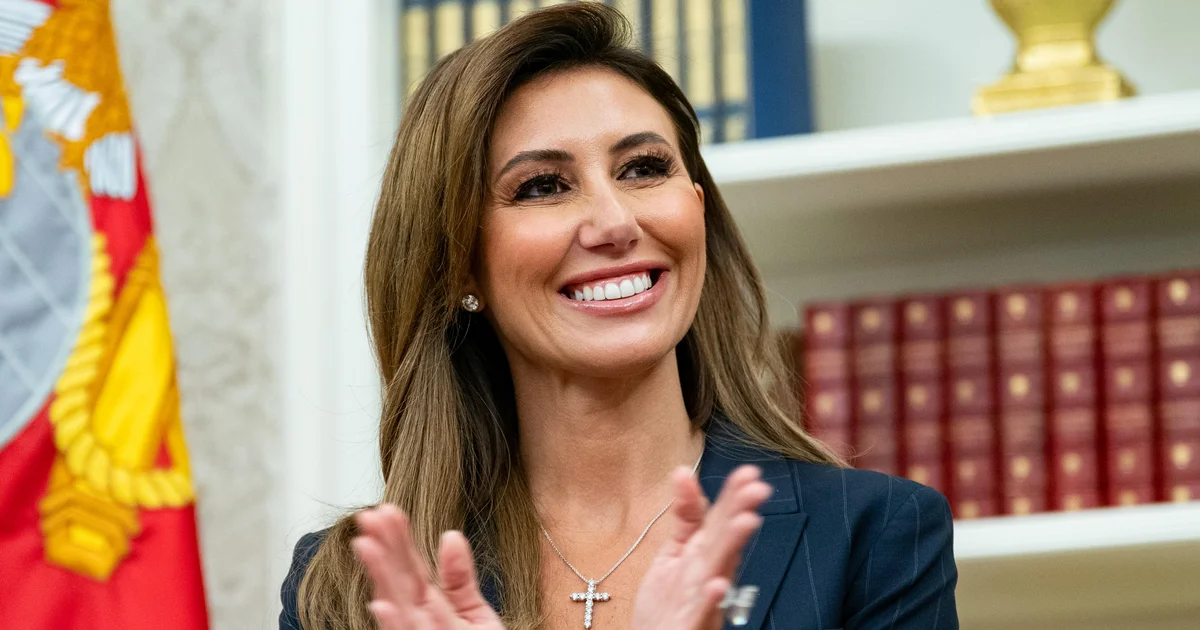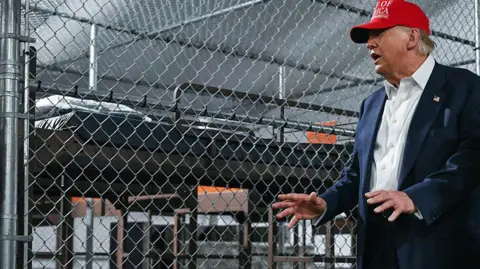The NCAA recently uncovered a serious issue involving three Division I men’s basketball players. These players were found to have participated in sports betting-related game manipulation and other violations. As a result, their eligibility to compete in college basketball has been permanently revoked. This decision underscores the NCAA’s firm stance against gambling and game-fixing, which threaten the integrity of college sports.
- What Happened?
- How Did the NCAA Discover the Violations?
- Impact on the Players
- Impact on the Teams
- Why Does the NCAA Ban Sports Betting?
- The Rise of Sports Betting and Challenges for the NCAA
- What Steps Is the NCAA Taking?
- The Broader Impact on College Sports
- Frequently Asked Questions
In this article, we will explore the details of the violations, how the NCAA discovered them, the impact on the players and teams involved, and what this means for college basketball moving forward.
What Happened?
The NCAA investigation revealed that three student-athletes from Fresno State and San Jose State placed bets on games in which they were directly involved. Betting on one’s own games is strictly prohibited under NCAA rules because it compromises fair competition and can lead to match-fixing or manipulating game outcomes.
These players not only placed bets but were also involved in manipulating certain aspects of the games to benefit their wagers. Such behavior violates both NCAA rules and federal laws concerning sports integrity.
How Did the NCAA Discover the Violations?
The NCAA has been increasing its efforts to monitor and prevent gambling-related misconduct. They work closely with law enforcement agencies, sports betting regulators, and technology partners who track unusual betting patterns.
In this case, suspicious betting activity and game results triggered an investigation. Through interviews, evidence collection, and data analysis, the NCAA gathered enough proof to confirm that these players engaged in prohibited betting and manipulation.
Impact on the Players
The NCAA has permanently revoked the eligibility of these three players. This means they can no longer participate in NCAA basketball at any level. This is one of the harshest penalties the NCAA can impose, reflecting the seriousness of their actions.
Losing eligibility not only affects their college careers but may also harm their future professional opportunities. It serves as a warning to other athletes about the consequences of violating gambling rules.
Impact on the Teams
The teams involved, Fresno State and San Jose State, face reputational damage due to the scandal. The programs may also undergo further NCAA scrutiny or penalties depending on the extent of institutional knowledge or involvement.
Coaches and staff will likely review their compliance and education programs to prevent similar incidents. Teams must emphasize the importance of integrity and educate players about the risks of sports betting.
Why Does the NCAA Ban Sports Betting?
The NCAA prohibits sports betting by student-athletes to protect the fairness and integrity of college sports. Betting creates conflicts of interest and can encourage cheating, game-fixing, or insider trading.
College athletes are considered amateurs, and involvement in gambling undermines the spirit of competition and the trust of fans, sponsors, and other players.
The Rise of Sports Betting and Challenges for the NCAA
Sports betting has grown rapidly in the United States following recent legalization in many states. While this growth has brought financial benefits and fan engagement, it also poses new challenges.
The NCAA must constantly update its monitoring systems and educate players about the risks. Despite these efforts, cases like this show the ongoing difficulty of fully preventing gambling-related violations.
What Steps Is the NCAA Taking?
In response to increasing gambling threats, the NCAA has strengthened rules and penalties. It provides mandatory education programs for student-athletes and staff, focusing on gambling risks and ethical behavior.
The NCAA also uses advanced technology to detect suspicious activity and collaborates with betting operators and law enforcement to investigate violations.
The Broader Impact on College Sports
Incidents involving gambling and game manipulation threaten the credibility of college sports. Fans expect honest competition, and scandals can damage trust and reduce interest in games.
Colleges, athletic departments, and the NCAA must work together to create a culture of integrity and transparency to protect the future of college athletics.
Frequently Asked Questions
What violations did the NCAA uncover involving these players?
The NCAA found that the players bet on their own games and manipulated parts of those games to influence outcomes.
Why is sports betting prohibited for college athletes?
Sports betting creates conflicts of interest and risks compromising fair competition, so the NCAA bans it to protect the integrity of college sports.
What penalties did the NCAA impose on the players?
Their eligibility to play NCAA basketball was permanently revoked, meaning they cannot compete in any NCAA basketball games again.
How does this affect the basketball programs involved?
The programs face reputational damage and may be subject to further investigations or penalties. They will likely strengthen education and compliance measures.
What is the NCAA doing to prevent future violations?
The NCAA is increasing education efforts, monitoring technology, and cooperation with law enforcement to detect and prevent gambling-related misconduct.
Conclusion
The NCAA’s decision to permanently revoke the eligibility of three Division I men’s basketball players for sports betting-related violations highlights the serious consequences of gambling misconduct. Protecting the integrity of college sports is essential, and the NCAA continues to take strong actions against those who compromise fair play.
This case serves as a reminder to all student-athletes about the risks and rules concerning sports betting. It also calls for ongoing efforts from the entire college sports community to prevent such violations and maintain trust in the game.

